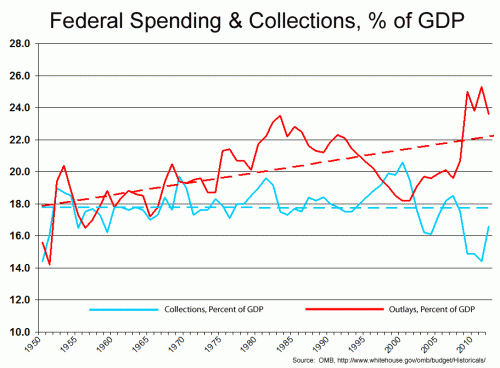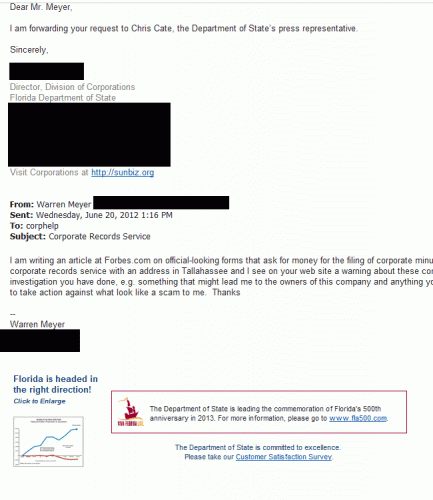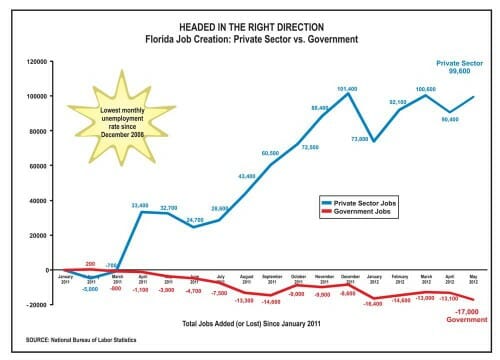Mandatory Minimum Sentences are Bad Precisely Because Prosecutors Love Them
Apparently, hundreds of US prosecutors have written Eric Holder opposing his support for reduced mandatory minimum sentences. Their letter to Holder illustrates exactly why these mandatory minimums need to be reduced:
As you know, mandatory minimum sentences are a critical tool in persuading defendants to cooperate, thereby enabling law enforcement to dismantle large drug organizations and violent gangs. Present law provides numerous opportunities for deserving defendants to avoid mandatory sentences through: cooperation in providing information about other criminals and criminal enterprises; plea bargaining, which resolves the vast majority of federal cases; the “Safety Valve,” which has allowed tens of thousands of defendants to receive lower sentences; and executive clemency, which President Obama recently employed.
The last of these is of course a joke, since Obama plays more rounds of golf in two weeks than he has commuted sentences. But this does illustrate exactly why prosecutors all love mandatory minimums and why we should hate them. Read what they are saying in this paragraph. Basically it says that mandatory minimums take sentencing out of the hands of judges and juries and puts it in the hands of ... federal prosecutors.
The problem is that very high mandatory minimums raise the stakes so high that even the innocent are often forced to cut a deal. People sometimes wonder how the innocent could ever plead guilty to something. Well, think of it this way. Can you stand on one foot for 10 seconds without losing your balance? Are you sure? Would you bet $100 on it? You would? OK, would you bet 20 years of your life on it?
How sure of something would you have to be to bet your life on it? And no matter how innocent you are, can you ever be that sure that a jury will see it your way when the federal government is sending everything it has at you?
Mandatory minimum sentences raise the stakes of trusting the judicial process so high that few people can tolerate that much risk. They cannot afford to risk going to a jury. So with this threat in hand, prosecutors gain 1) a slave that will basically do or say whatever they demand and 2) total control of the outcome of cases that should be going to trial.
I was not aware Eric Holder had supported this change but despite having my issues in the past with Holder I have to give him Kudos.
Update: Ken White at Popehat (writing about a different story) says, "As I often say here, the criminal justice system is full of people who believe that its purpose is to deliver convictions and any other result shows a malfunction." By the way, read the Popehat article at the link, it will horrify you.









